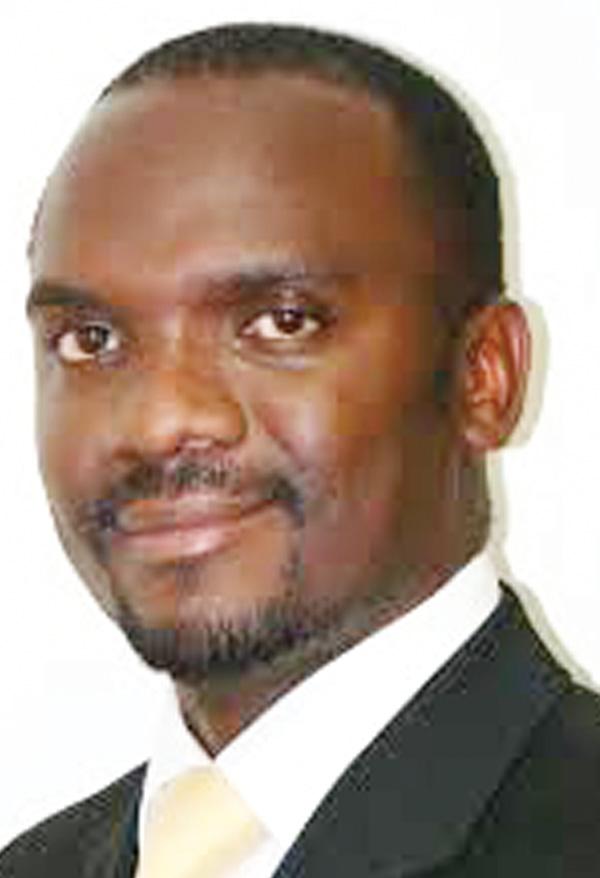
Budget to reign in spending – Analysts
The 2013/2014 national budget is expected to reign in public expenditure as there exists little room for government to increase its debt levels, analysts have agreed.
Patrick Britz, an Economist with Capricorn Asset Management said while the last two budgets have been expansionary in nature, aligned with the rolling out of the TIPEEG programme – adopted to counter the global economic slump and shield the domestic economy from the worst of the global financial crisis – over the last year or so, the domestic economy has been healthy.
He said a slight reduction in this years’ budget will not be a surprise as there exists no further need to increase the countries debt levels. Britz said:“As it stands, government debt levels are on steady ground ( at roughly 26% of GDP) and government will wish to keep it that way.”
Sanlam Investment Management CEO, Tega Shiimi ya Shiimi believes the country has used the fiscal space it had leading up to the 2012/13 budget. He said for the country to maintain its sovereign debt rating, the debt ratio should not be allowed to stray too high.
Ya Shiimi added: “Overall, there are material advantages to constraining the government’s debt level. Together, low government debt levels and low inflation help keep the structure of interest rates low, which helps underpin investment and job creation. In economic theory, low interest payments free up resources for spending elsewhere.”
But despite the need to reign in expenditure, Britz said he expects no changes in the allocation of resources to the ministries of education and health which are set to again receive the two largest contributions.
Both ya Shiimi and Britz ruled out new taxes or an increase in the tax rate. Britz said government would want to remain competitive in terms of tax rates, and is likely to seek to improve the collection of revenue instead of targeting the revenue base while Shiimi opines: “There appears to be limited room to increase the tax burden on the current base.
“With amendments of SACU’s revenue sharing formula, Namibia currently stands to receive a lesser portion from the customs revenue pool which has historically been Governments’ largest source of revenue. It hence is prudent to review the current taxpayer base, seek practical and efficient collection methods and widen an already stretched taxpayer base.”
Shiimi, however notes that there is no guarantee that there will be no additional taxes introduced at some point. “We do. expect a further focus on increased sin taxes as one of the key areas to try broaden this tax base. It seems one avenue that could be pursued is green taxes on companies at some point in the future, although not necessarily in the upcoming Budget for 2013/14.”
Although TIPEEG is now entering into its final home stretch, Britz argued that it is too early to judge whether the intervention programme has made a significant impact on its key target areas as it has yet to be fully rolled out and little or no data is available on how many jobs the economy has created over the time period of the programme.
“However, one may argue that the expansionary fiscal environment over the duration of the TIPEEG programme has triggered strong levels of consumer and business confidence- benchmarked by a bullish demand side of the economy which in itself has played a part in partially shielding the economy from a bleak global growth outlook,” the Capricorn Economist said.
Shiimi agreed. He said: “The Government’s TIPEEG program has been announced and certain strides have been achieved in the implementation phase – however tangible measures of the impact of the program are still to be assessed.”
He said in the upcoming budget, emphasis should be placed on capital expenditure in addition to education, healthcare and skills development. “These factors can boost productivity, which ultimately drives economic growth.”










































